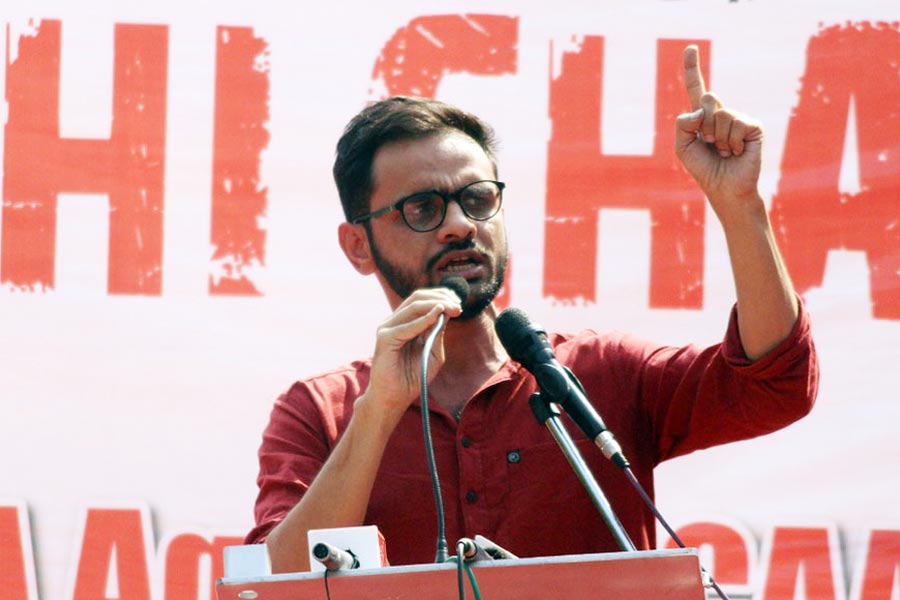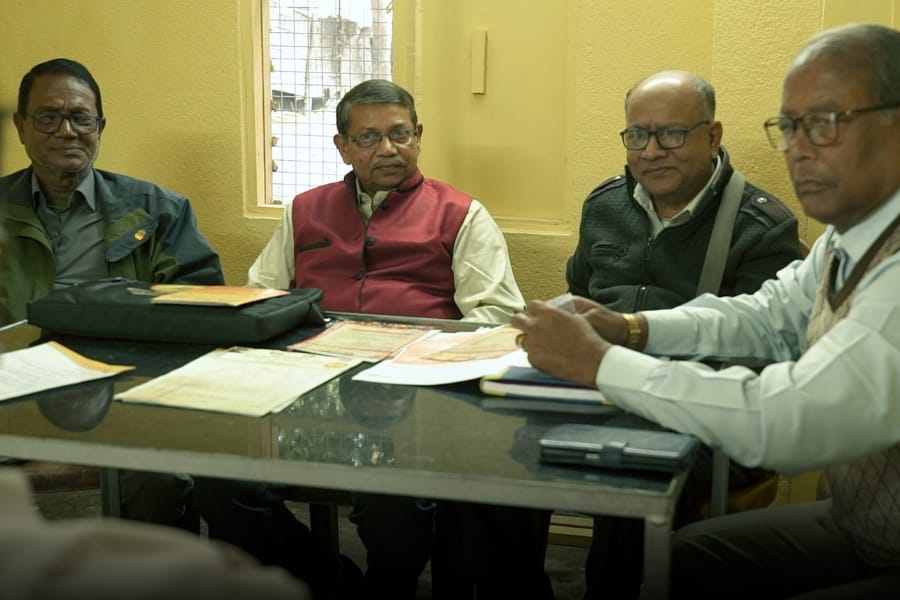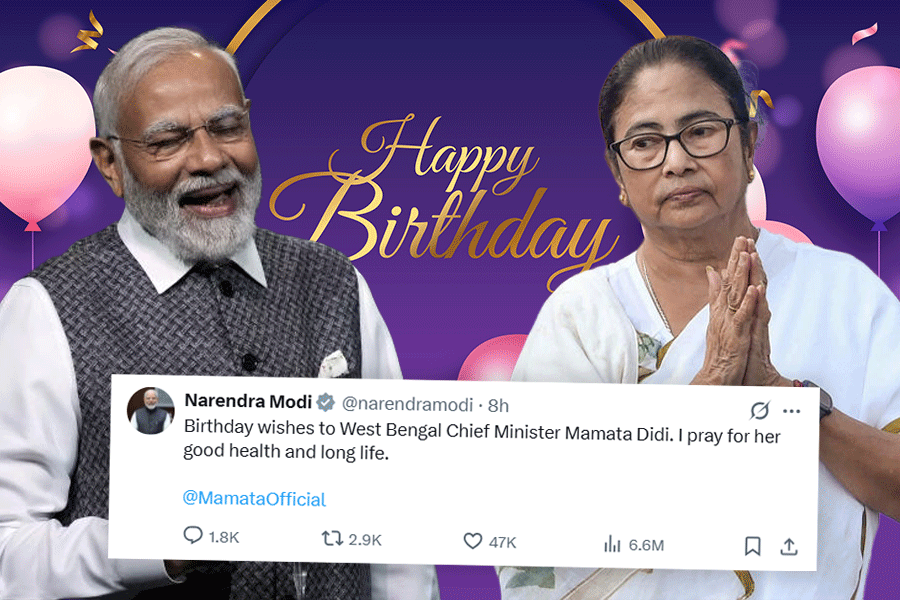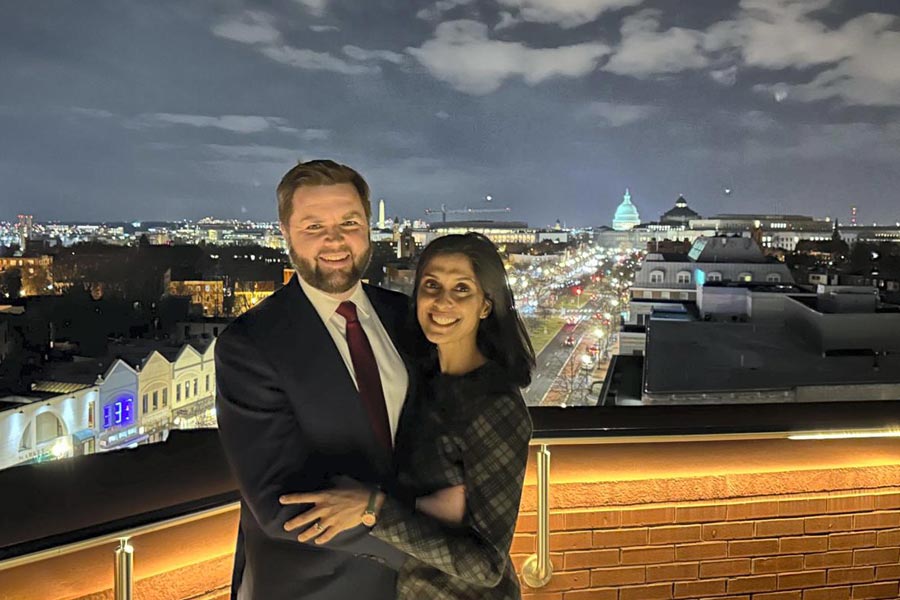It was the end of January and the last phase of winter in Bangalore. The city had lost its old title as a Pensioners’ Paradise and was now better known as the Silicon Valley of India— famous for its technology and traffic jams.
Nooni was extremely happy that morning. There were two reasons. First, her school would be closing from 10 to 20 February for ten days. This was because they were hosting the All-India Teachers’ Conference on campus. The principal had sent a letter to all parents explaining the situation and assuring them that the next academic year would begin ten days early to make up for it.
The second reason for Nooni’s joy was her dance. She had been learning Kuchipudi, and her troupe had been selected to perform in London as part of Vasant Utsava: A Celebration of Spring. The cultural department was organizing the event at the Bharatiya Vidya Bhavan (BVB), and the dance group would be travelling in April and May to showcase India’s rich heritage.
Excited, Nooni called her grandparents to share the news. Over the last few years, she had grown very close to them. Ajji picked up the phone.
‘Nooni, I was about to call you with some wonderful news,’ she said. ‘Ajja and I have decided to travel to north India. It’s something we have wanted to do for a long time. We have also decided to visit Radha in London this summer, since she has been inviting us for years.' Radha was Ajja’s only niece, settled in London for the last twenty-five years.
Nooni jumped with joy and said, ‘What a coincidence! I have an unexpected break of ten days. I would love to join you for the north India trip! I want to see Delhi.’
Since the speaker was on, Ajja’s voice rang out, ‘I want to visit Amritsar and the Wagah Border!’
Nooni could hear him clearly.
‘And I want to see Ujjain,’ said Ajji.
‘Let’s plan in such a way that we can visit all three places in ten days. We will talk to your parents.’
‘Why Ujjain, Ajji?’ asked Nooni.
‘That I’ll explain on the trip,’ said Ajji. ‘It holds an important place in Indian history and culture.’
‘Now that you are older, you can start making reservations online. We are not good at all that,’ said Ajja, smiling at Ajji.
‘Please book the tickets and look for economical but clean and safe hotels. To go around, also book the taxi service from the hotel. Nooni, you are the leader on this tour and, for a change, we will be your followers.’
Nooni beamed. ‘Ajji, sometimes allow me to speak too!’ she said playfully. ‘Please adjust your London trip dates so we can enjoy Vasant Utsava together.’
‘What is Vasant Utsava?’ asked Ajja.
‘It’s an ancient festival, going back over 2,500 years. It was documented in Indica, a book written by Megasthenes, a Greek historian at the time of Chandragupta Maurya. The dancers don’t wear regular jewellery, but ornaments made of flowers. They dress in bright colours to celebrate spring. The great poet Amir Khusrau composed the song “Sakal Ban”. It’s a famous poem celebrating the arrival of spring,’ Ajji replied.
Ajja chuckled.
‘You never miss a chance to turn into a history teacher!’
‘If we don’t know our history, we’re bound to repeat its mistakes,’ Ajji said.
Nooni laughed. She always enjoyed her grandparents’ playful banter.
Soon, Ajja and Ajji arrived in Bangalore, and together they planned the trip meticulously.
Nooni, now fifteen, was proud to take the lead. She was comfortable with the latest apps for online payments and bookings, maps, and more. She excitedly made their travel plans.
Their first stop was Indore, where Nooni’s maternal grandparents lived. But they were away on a group tour of south India, enjoying the pleasant weather. Since Nooni’s plans were made at the last minute, it wasn’t possible to change theirs. It would have been a hassle to stay in their house in their absence, and since all three had visited Indore before, they decided to skip it.
Instead, they booked a taxi directly from Indore airport to Ujjain. They would stay in Ujjain for the night and head back to the Indore airport the very next day. Their next stop would be Amritsar, followed by Delhi, and then back to Bangalore by flight. Everything had been well planned for the ten-day trip.
Nooni’s maternal grandmother helped them book a reliable taxi service in Indore.
Before leaving, her parents sat her down.
‘Nooni, don’t get carried away just because you’re good with technology. Be patient with Ajja and Ajji. They are older and might need time to do things. Let them go at their own pace. I will tell them not to carry much cash. You can make all the payments online. Don’t shop too much or increase your luggage. Most of all, enjoy their company and discover new places,’ said Usha.
Nooni nodded. She agreed to everything immediately.
On the day of travel, the three of them arrived at Bangalore’s Terminal 2. It was Ajja and Ajji’s first time flying from this terminal. They were surprised to see the expanse and decor of this terminal.
Ajja, who was easily impressed, said, ‘This is wonderful! People from around the world can see our airports are on par with the best. I am very proud of the progress my country has made.’
Ajji smiled but didn’t comment.
Nooni knew that Ajji was not easily impressed. She was logical, practical and curious. As Ajji had been a history teacher for a long time, she always asked questions — why things were a certain way. Perhaps that’s why her stories always felt so vivid and convincing.
Ajji said, ‘This is indeed beautiful. But maintaining this green space and cane structures is a difficult task and equally important.’
After check-in, they got their boarding passes and moved to security. The plane was delayed a bit. While Ajji and Nooni waited at the gate, Ajja wandered off, admiring the architecture and design of the airport.
‘Ajji, tell me, why do you want to go to Ujjain? It doesn’t even have an airport! It is so difficult to reach there.’
‘Ujjain holds a special place in Indian history. It has been my dream to visit Ujjain since I was a teenager. When I was studying Sanskrit, I always admired Kalidasa — India’s greatest poet. He was from Ujjain. He described the river Shipra, the temple of Mahakal, the streets of Ujjain and the kingdom of Avanti in his literary works.’
‘So that is why you want to visit Ujjain?’
‘That’s only one reason. I’ll tell you more once we’re there.’
‘What is this Mahakal Temple, Ajji? Why is it so famous?’ asked Nooni.
‘Mahakal means Shiva, the Lord of Time. The temple is called that because Ujjain once served as India’s prime meridian, just like Greenwich in England today. That’s also why an observatory, called the Jantar Mantar or Vedha Shala, was built there by Maharaja Sawai Jai Singh II.
‘I read that Krishna studied near Ujjain. Is that true, Ajji?’ asked Nooni.
‘Yes. It is believed that Lord Krishna, Balarama, and their friend Sudama studied at Sandipani Ashram near Ujjain. It is said to be a famous gurukul,’ Ajji explained.
By then, the boarding call had been announced, and the three of them boarded the plane, ready for the next chapter in their adventure.










